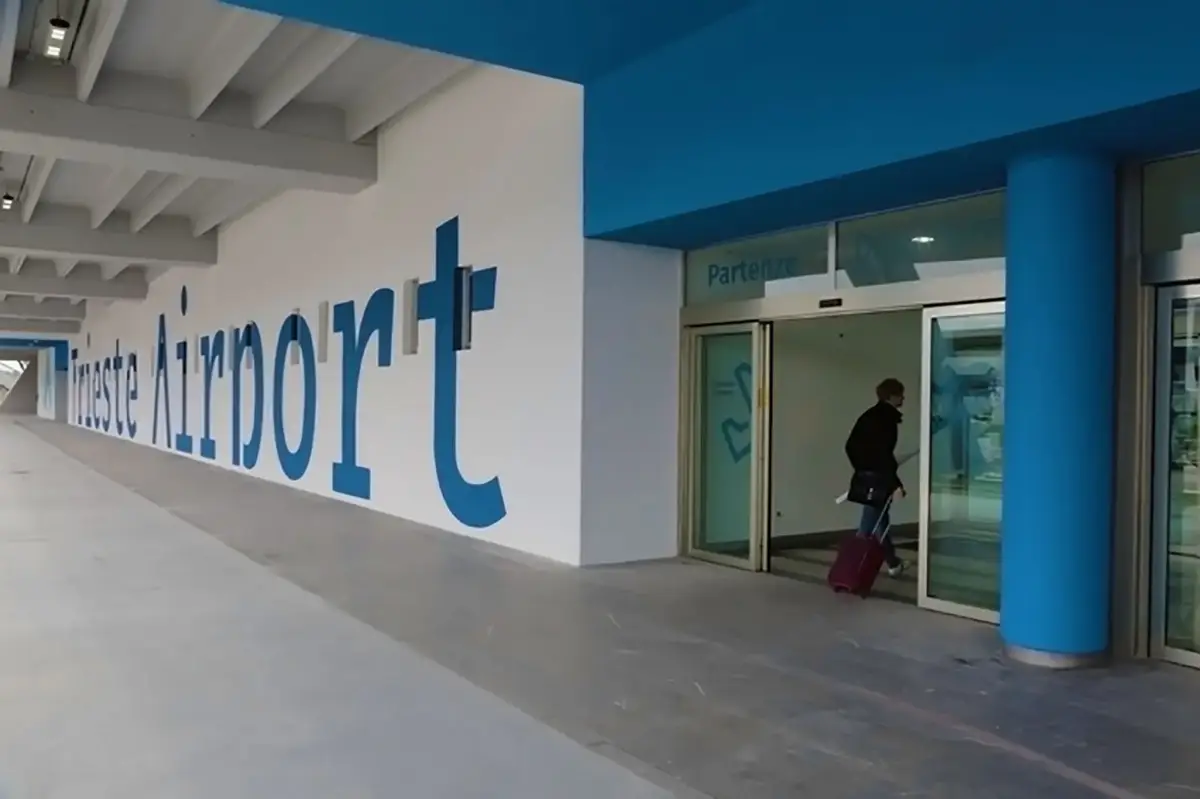
Italy. Reorganization 2i Aeroporti (2): who is Asterion
Sustainability, ecological transition, sustainable mobility and much more

One billion Euros, 63 million passengers and 758,000 tons of goods. This is the turnover generated by the Italian company 2i Aeroporti, of which the Spanish investment fund Asterion Industrial Partners, an investment company specializing in the management of European infrastructures, has officially been awarded a 49% share of the capital. The majority, 51%, remains in the hands of the F2i fund, which will maintain control over some of the major Italian airports.
Asterion was founded by Jesús Olmos Clavijo, current CEO, together with a team of investors with previous experience in the private equity fund KKR. This Spanish fund already has a strong presence in Italy: it is present in the capital of the energy company Sorgenia; in that of the fiber optic service providers Retelit and Irideos; and in the Ets company specialized in energy and sustainable mobility.
With this move, Asterion continues to grow its operations in the country. In particular, the Spanish fund plans to focus its investments on reducing emissions, facilitating the transition towards the use of sustainable aviation fuels (SAF), and promoting Net Zero plans to make air travel more sustainable.
The 2i Aeroporti company holds 100% of the Turin airport (Sagat), over 83% of those of Naples and Salerno (Gesac), 55% of Trieste (Afvg), more than 36% in the Milanese airports of Linate and Malpensa (Sea), 4.09% of Bologna (AgmB). Furthermore, through F2i Aeroporti 2 sgr it controls 71.25% of the Sardinian airports of Alghero (Sogeaal) and 80% of Olbia (Geasar).
Since April 2015, 49% of the 2i Aeroporti holding (F2i Group) was jointly owned by Ardian and Crédit Agricole Assurances, through the Luxembourg joint venture Cavour Aero. In recent years 2i Aeroporti has grown to manage more than 32% of passenger traffic and approximately 70% of air cargo in Italy. Completion of the Asterion-2i Aeroporti transaction remains subject to approval from the relevant regulatory authorities.
On the same topic, see also the article published by AVIONEWS.
AVIONEWS - World Aeronautical Press Agency